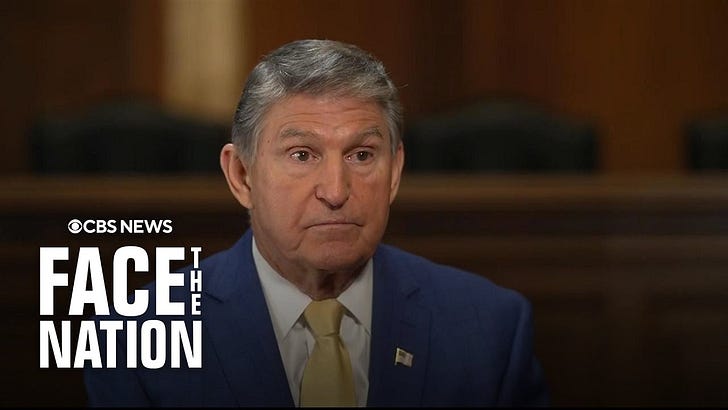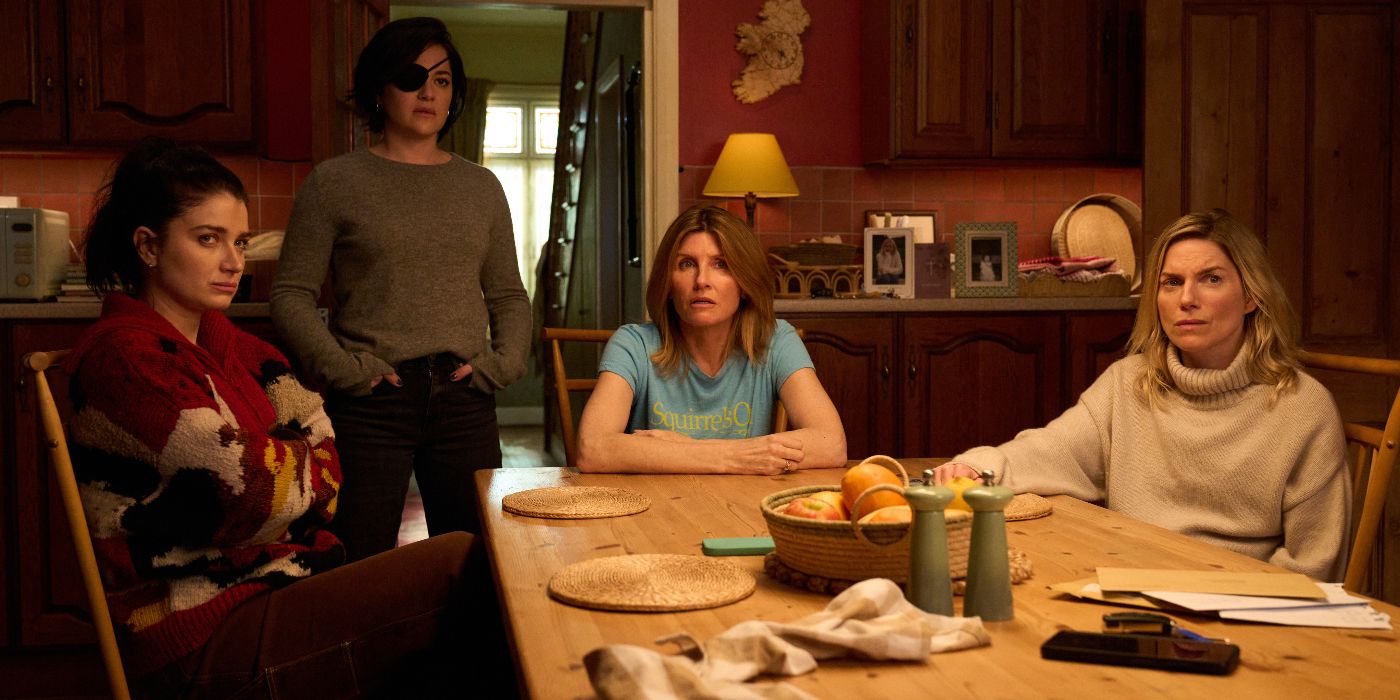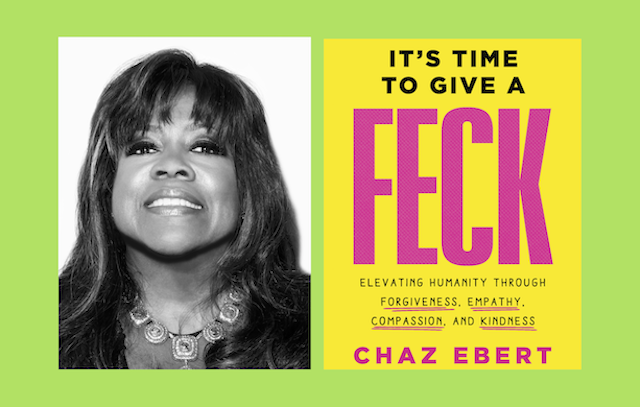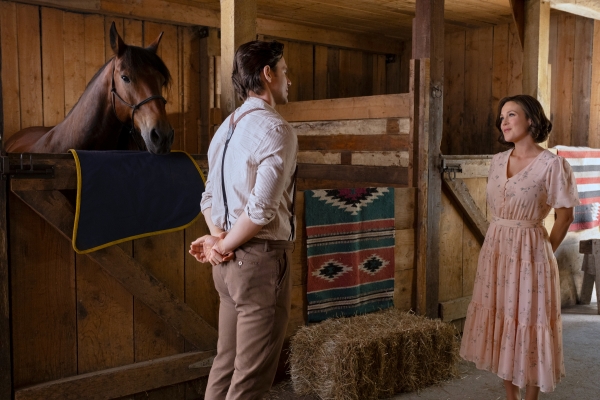
A federal judge Monday tossed out parts of an Arkansas state law that allowed librarians and booksellers to be sent to prison for up to a year for allowing minors to access “obscene” or “harmful” materials, whatever local officials might decide is “obscene” or “harmful.” Probably gay penguins.
In his ruling, US District Judge Timothy Brooks found that the law, Act 372, violated the First Amendment and also generally sucked, was overly vague, and didn’t provide adequate guidance to libraries and booksellers to help them avoid being arbitrarily prosecuted. The law created a new process for complaints and required libraries (tell you what, just assume “and booksellers” is part of every sentence, OK?) to shelve “harmful” materials in a special adults-only section, although it didn’t mandate that such a section be behind a beaded curtain like at an old video store. A similar law in Idaho — minus the librarian-jailing — is also being challenged in federal court, as are multiple other censorship laws.
Brooks wrote that the law “deputizes librarians and booksellers as the agents of censorship; when motivated by the fear of jail time, it is likely they will shelve only books fit for young children and segregate or discard the rest,” which was of course the point. For all the Mad Moms’ insistence that they only want to protect tiny innocent kids from “obscene” materials, the actual targets of book banning tend to be anything rightwing parents dislike, especially mentions of LGBTQ people, books about race, and sex education.
Not surprisingly, Arkansas Attorney General Tim Griffin said that while he’ll respect the ruling, he plans to appeal, and Gov. Sarah Huckabee Sanders issued a statement calling Act 372 “just common sense” because “schools and libraries shouldn’t put obscene material in front of our kids,” so there.
Holly Dickson, executive director of the ACLU of Arkansas, said yippee, now we can poison kids’ minds, destroy the family, and kill God, or at least that’s how wingnuts will interpret what she actually said, which was
“This was an attempt to ‘thought police,’ and this victory over totalitarianism is a testament to the courage of librarians, booksellers, and readers who refused to bow to intimidation.”
Judge Brooks found that the law hadn’t adequately defined “harmful to minors” and that it would “invite censorship decisions on the basis of content.” He noted that while the state “helpfully offers the dictionary definitions” of several terms like “present,” “furnish,” or “make available,” the definitions by themselves didn’t really help, since they didn’t make clear how much action would be adequate to avoid prosecution.
If a book with some sexual content were placed on a shelf or otherwise displayed in the teen or adult section of the library or bookstore, the librarian or bookseller could reasonably be accused of “furnishing a harmful item to a minor” if a younger minor could access it.
The only way to absolutely avoid being prosecuted and sent to prison for a year, he reasoned, would be to “burden older minors’ and adults’ access to books that contain even a modicum of sexual content” on the off chance that a preschooler might wander into the existing grownup nonfiction stacks and bring back a copy of, let’s say, Fear of Flying or an accurate journalistic report on the threesome frolics of Moms for Liberty cofounder Bridget Ziegler and related alleged rape investigation into her husband, Christian Ziegler, who wasn’t prosecuted but was shitcanned as Florida GOP chair.
Or maybe libraries and bookstores could just ban kids who aren’t accompanied by a parent at all times, as has happened in some places.
Brooks also found that, despite the claims of its backers that Act 372 was only meant to protect children from all that porn that already isn’t in libraries, the law doesn’t define “appropriateness” at all, leaving it up to local committees:
“Material subject to challenge is not limited to sexual content, and the law does not define ‘appropriateness’ at all,” Brooks wrote. “Instead, a book challenger may target any expression of ideas that he or she personally deems inappropriate.”
The law also didn’t require a challenger to be a library user, to have read the material being challenged, or even to be an Arkansas resident, leaving the law open to abuse, which was the point to begin with.
Here’s hoping that Judge Brooks’s ruling is just the first of many to follow as more Americans decide they’d rather not be ruled by a minority of rightwing creeps, the end.
[Arkansas Advocate / Ruling in Fayetteville Public Library v. Crawford County / AP]
Yr Wonkette is funded entirely by reader donations. If you can, please become a paid subscriber, or send us a one-time donation with this here button:







































































